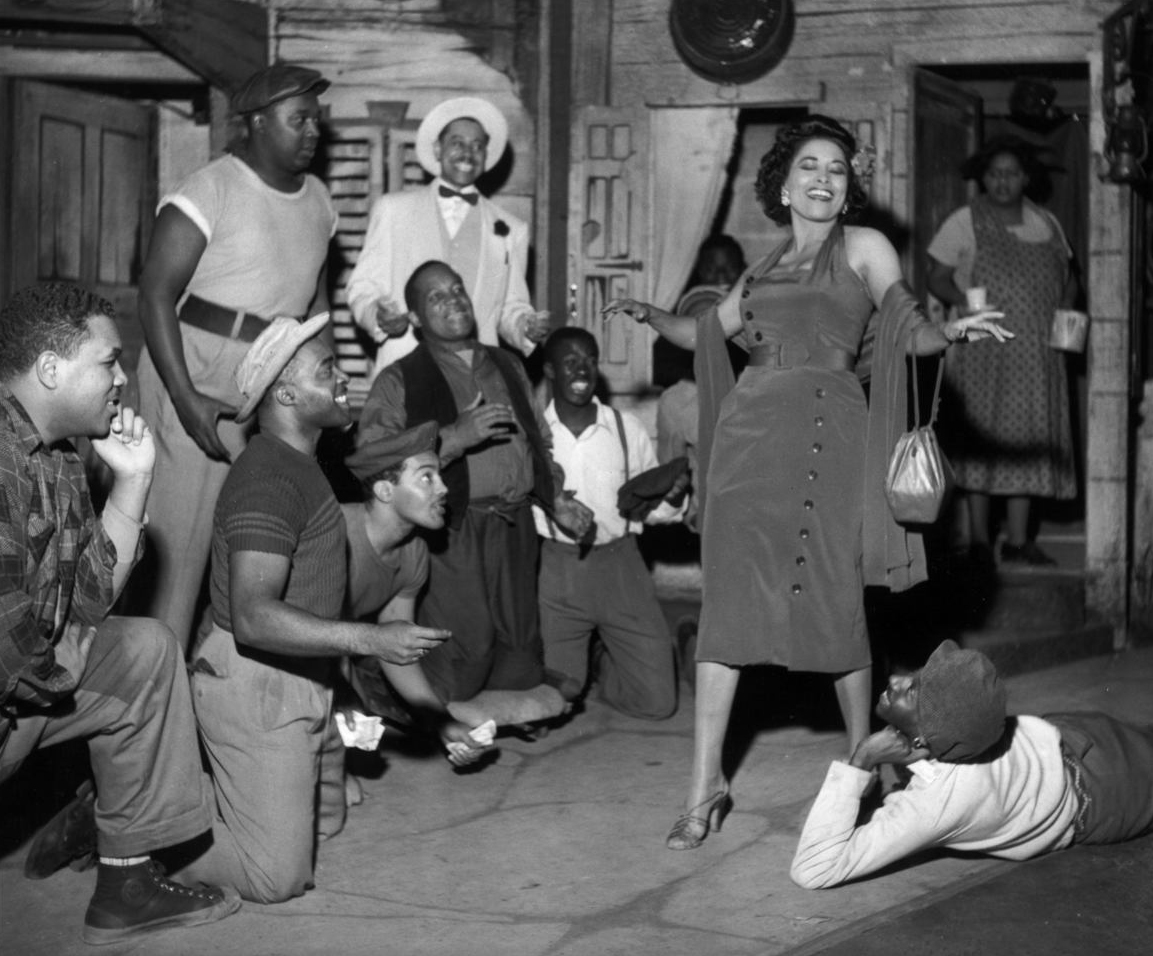Porgy and Bess is a folk opera composed by George Gershwin. The work is based on the novel Porgy (1925) by DuBose Heyward and the play Porgy (1927) by Heyward and his wife, Dorothy. Heyward wrote the libretto (dialogue) for the opera. Heyward and Gershwin’s brother Ira wrote the lyrics. Porgy and Bess opened in New York City in 1935. It received mixed reviews and had only a short run. But the work has since become the most popular American opera and one of the few such works by an American composer to gain international recognition.

The opera portrays life among African Americans in Catfish Row, a slum neighborhood in Charleston, South Carolina, in the early 1900’s. It specifically deals with the love of Porgy, a disabled man, for the beautiful Bess. The story is colorful, highly dramatic, and sometimes violent, though it has considerable humor. In his score, Gershwin captured the flavor of the songs sung by African Americans of the southeastern United States, including blues and spirituals.
Porgy and Bess consists largely of individual songs and choral scenes, connected by spoken dialogue and a simple, speechlike style of singing called recitative. Several of the songs have become popular hits, including “Summertime,” “It Ain’t Necessarily So,” and “I Got Plenty o’ Nuttin’.”
See also Gershwin, George; Gershwin, Ira; Heyward, DuBose.
